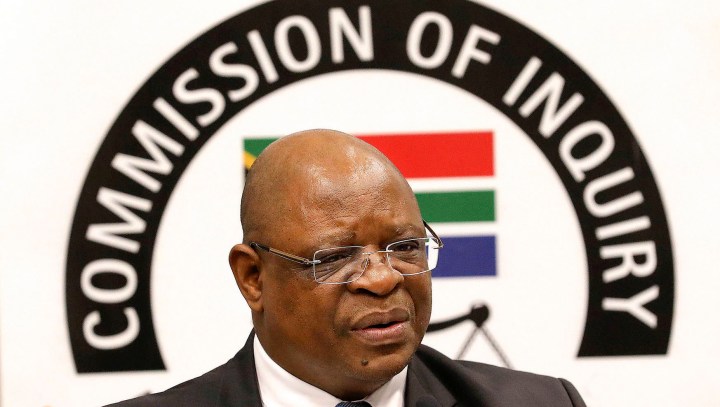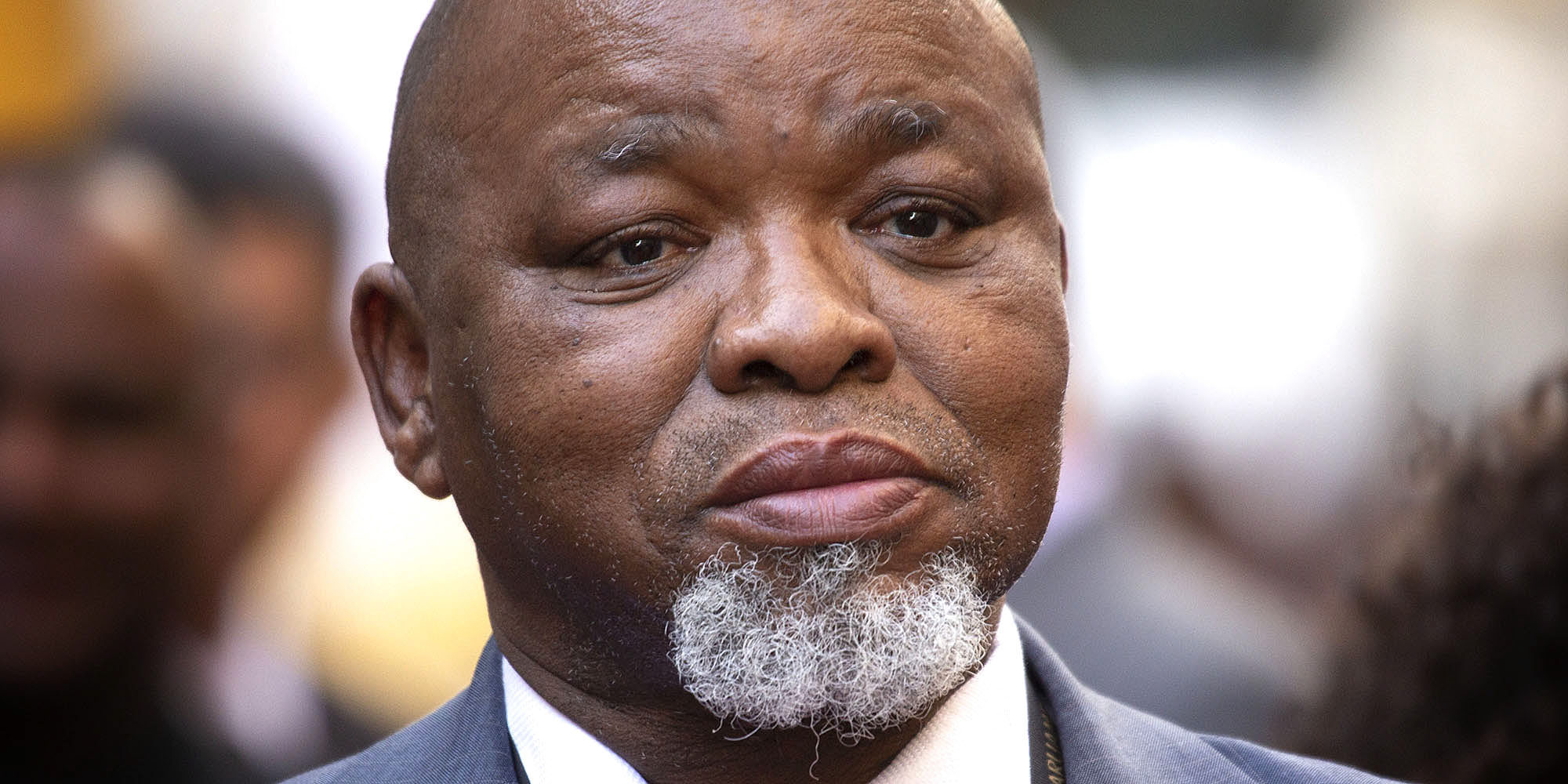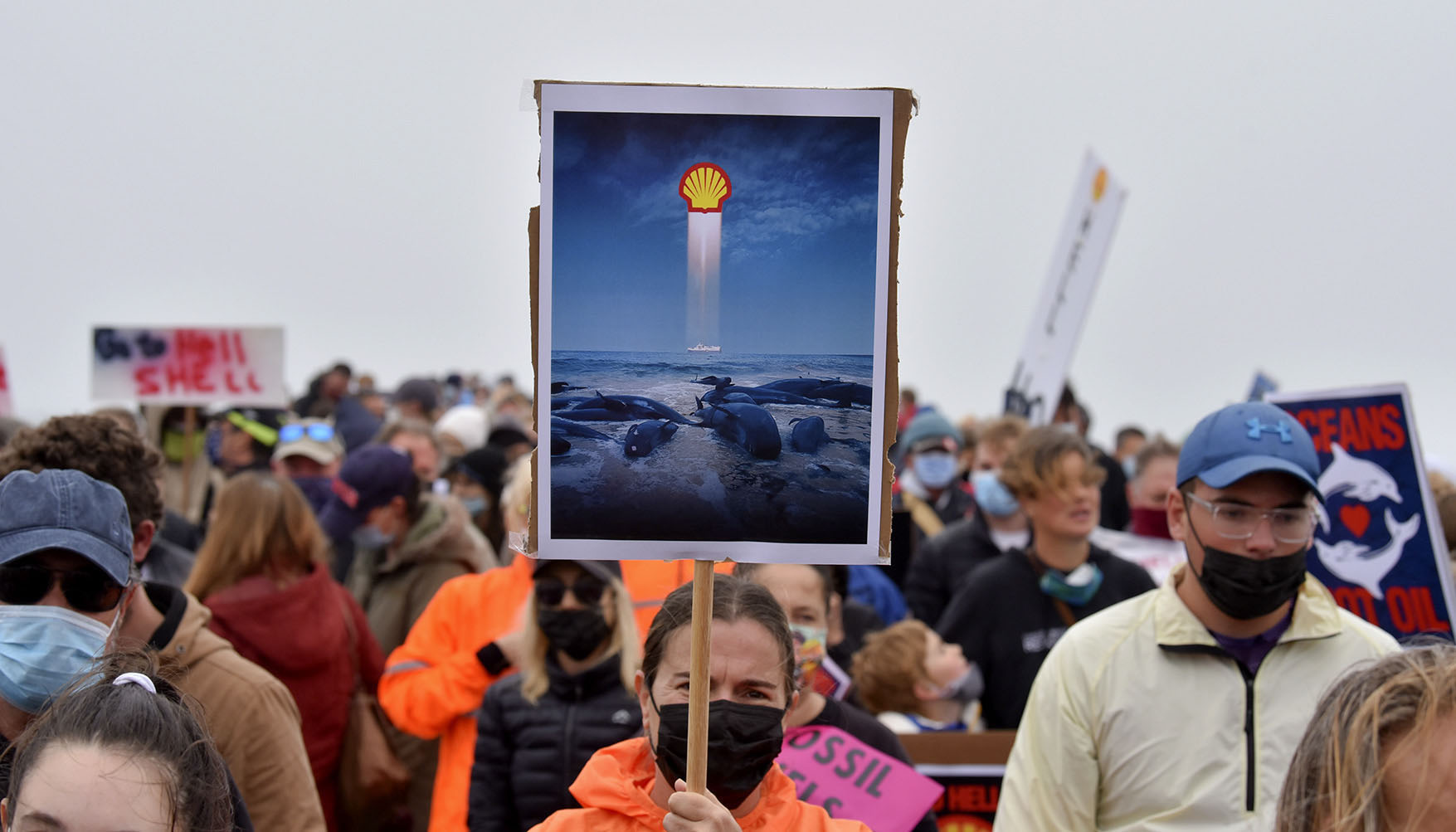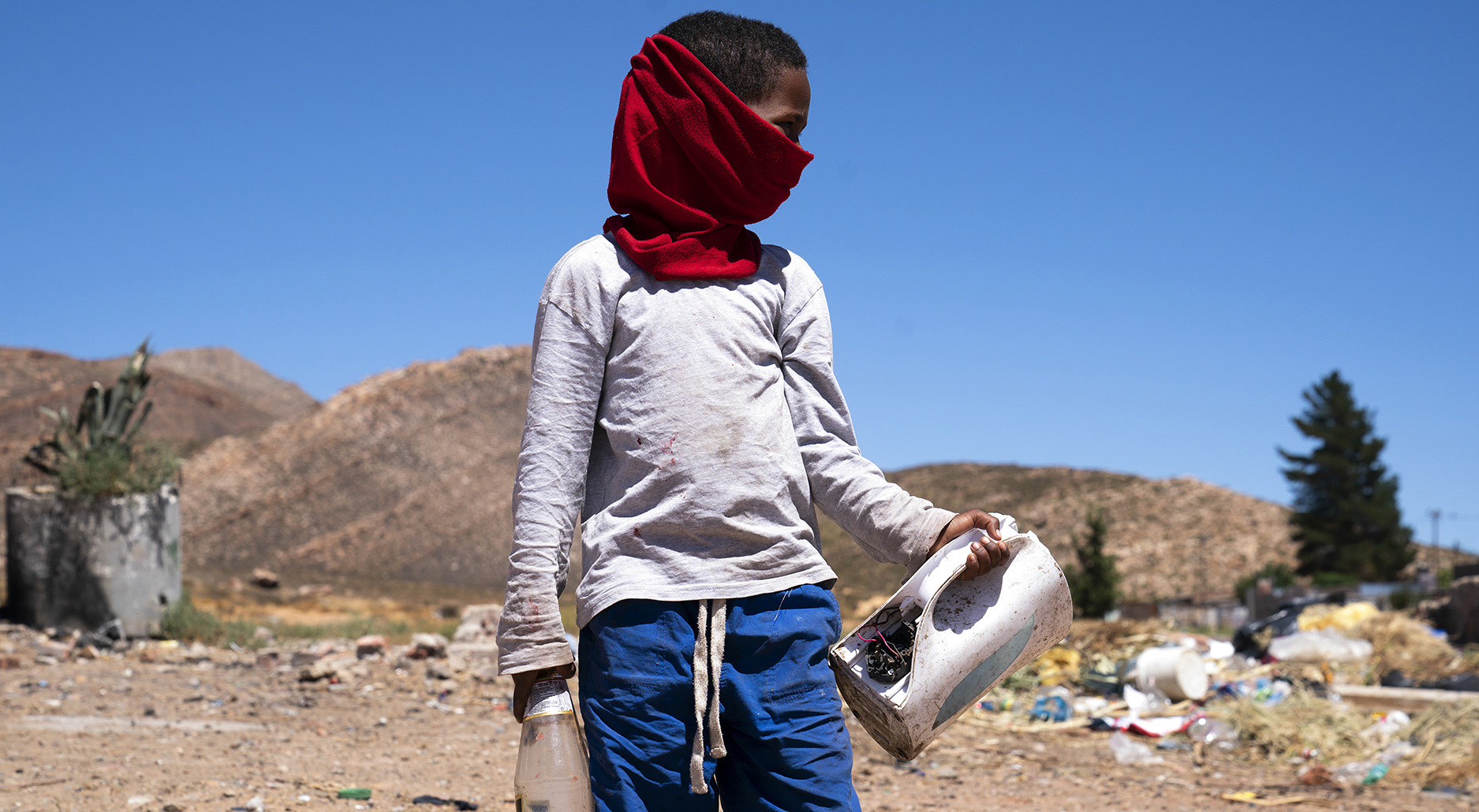Maverick Citizen: Tuesday Editorial
Zondo highlights ‘the constructive role of civil society’ and calls for inclusion in governance

Civil society is crucial to accountability and good governance. It’s more agile and interacts with the parts of society that most politicians only pay attention to at election time. Despite this many senior politicians and public servants continue to regard and portray civil society as a nuisance at best and an enemy at worst. This has to change if we are going to succeed with state reconstruction.
In Part One of his report on State Capture, Deputy Chief Justice Raymond Zondo makes a number of comments about the importance of civil society as a partner of government in combating corruption.
Citing the United Nations Convention Against Corruption, which calls on signatory states (including South Africa) to “promote the active participation of individuals and groups outside the public sector, such as civil society, non-governmental and community-based organisations”, Zondo complains that current laws outlawing corruption and procurement: “make no attempt to engage with civil society organisations in order to present a united front against corruption. An imaginative and open-hearted effort to recruit the stakeholders of civil society into the fight against corruption is entirely lacking.”
Acknowledging the “contribution made over the years by academic commentators and anti-corruption organisations”, Zondo writes: “The Commission is satisfied that the involvement of civil society organisations and commentators is a significant but underutilised control mechanism in dealing with corruption. (our emphasis)

Ministers like Gwede Mantashe – whose scurrilous attempts to stigmatise organisations fighting Shell’s seismic survey off the Wild Coast was noted even by the courts – lead the way, but they are not alone. There is a defensiveness, suspicion and fear of new ideas that mostly inhibits meaningful collaboration. (Photo: Leila Dougan)
Therefore, he says: “The constructive involvement of civil society is both a necessary and a legal requirement in the fight against corruption, and that is a function which must be addressed.”
We wholeheartedly agree.
Without the work of the media and civil society organisations such as Open Secrets, Corruption Watch, OUTA and the Ahmed Kathrada Foundation, without movements such as Save South Africa which mobilised South Africans in 2017, without some of the trade unions, it is unlikely that many of the revelations about State Capture would have been unearthed – or acted upon.
Civil society is crucial to accountability and good governance. It’s more agile and interacts with the parts of society that most politicians only pay attention to at election time.
Despite this most politicians and senior public servants continue to regard and portray civil society as a nuisance at best and an enemy at worst. ANC leaders and ministers like Gwede Mantashe – whose scurrilous attempts to stigmatise organisations fighting Shell’s seismic survey of the Wild Coast was noted even by the courts – lead the way, but they are not alone. We might also mention the likes of Dr Aaron Motsoaledi, Angie Motshekga and, of course, successive ministers of finance.

Maverick Citizen is revealing Covid-19 corruption in our series of investigations. (Illustrative image | Sources: Adobe Stock | Rawpixel | nicepng)
Within many parts of government there is a defensiveness, suspicion and fear of evidence and new ideas. This mostly inhibits meaningful collaboration.
On its side, though, civil society too needs to adopt a different approach.
Its independence and freedom of expression and right to protest are vital. But while we may and should monitor, expose and criticise the actions of people in government, it is essential to remember that the state is not the enemy. The state belongs to all of us, government is meant to act for all of us. It is an instrument that the Constitution has carefully constructed and tasked to advance the interests of the poor, as is set out in Chapter Two, the Bill of Rights.

A protest at Gqeberha’s Hobie Beach against Shell’s seismic blasting off the Wild Coast on 16 December 2021. (Photo: Deon Ferreira)
As the State Capture project is unravelled it becomes imperative for civil society to work with honest public servants in rebuilding the capacity and capability of the state. It is essential to assist in protecting its resources against further attacks from the corrupt, as well as the attempt currently under way to regain power by the corrupt. But a quid pro quo is that these resources are invested immediately and efficiently in realising human rights and narrowing inequality.

The state belongs to all of us, government is meant to act for all of us. It is an instrument that the Constitution carefully constructed to advance the interests of the poor, as is set out in Chapter Two, the Bill of Rights. (Photo: constitutionhill.org.za/Wikipedia)
Zondo’s recommendations focus on corruption and procurement. But their relevance is much broader. Civil society has a vital role to play in governance and accountability in all spheres of service delivery and socioeconomic rights. It is as crucial as the media, if not more so: because a great deal of what is reported in the media depends on news and issues uncovered by those who work not in ivory towers but at the coalface of poverty and inequality and who witness the real costs of corruption and misgovernance.
In addition, unless civil society takes up issues reported in the media, they often fall by the wayside.

A boy picks up useful items from a rubbish dump in an area that is a beneficiary of the Compassionate Hearts soup kitchen in Touws River, Western Cape, on 9 February 2021. (Photo: EPA-EFE/Nic Bothma)
However, as Maverick Citizen is revealing in our series of investigations on food justice (see here) and private sector collusion in Covid-19 corruption, there is an equally important role to be played in monitoring and badgering the private business sector, particularly those that seek profit from a weak and incapable state, or avoid taxes.
Later this year, when the Zondo Commission report is complete, we will know a great deal about what went wrong in the democratic era, and who should be held responsible.
President Cyril Ramaphosa will be given a set of multidimensional prescriptions on what needs to be done to fix it. But without civil society as both a watchdog and partner, working together on policies and programmes, there is a real danger that the legislature and executive, supported by business, will pick and choose only to implement those recommendations that suit them. DM/MC





















 Become an Insider
Become an Insider
Comments - Please login in order to comment.